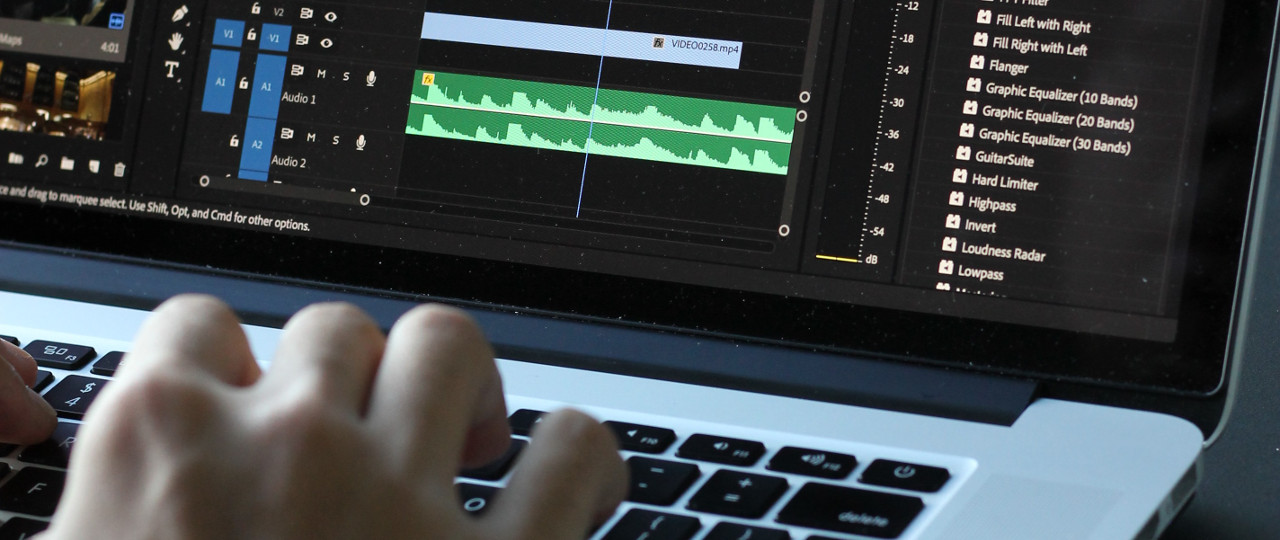
Film & Video Editing (adult)
Code: FVED001
TODO
Who is the course for?
Today it is very common to want to put thoughts, facts and fiction, into a filmed format. The advent of YouTube, Vimeo, Facebook and other internet platforms has finally allowed individuals to put themselves into their '15-minutes of fame' by their own hand. No longer is it necessary to convince a publisher or a distributor to accept your manuscript, play, book, music or film.
Now is one of the best times in Film Making history to do so. Equipment is cheap. It is possible to make quality films with small numbers of cast and crew. There are plenty of distribution avenues available and in many cases it is not necessary for a potential film maker to look for financial backing to achieve their dream - at least on the small scale.
There is really only one problem. Despite the time and the equipment now being ripe, most people really have no idea of how to take their dream and make it a reality.
This class is intended to rectify that situation - offering a chance to learn all of the basic skills to become a film maker from idea, to script and to final production and distribution.
As a general guide, this course is aimed at young adults and above mainly to ensure that the experience of the course is similar across all students. The course is able to accommodate students outside this range but only with prior arrangement.
Students do not need their own equipment, unless they wish to practice film making on their mobile-phones. As part of the class, students are introduced to a range of film making equipment including a range of cameras, lighting, audio and green-screen kit.
What will I learn?
Students cover each of the key areas of what it takes to make a film properly (making no assumptions as to genre, or whether the production is fact or fiction, drama or documentary).
- Structure of a film - how do we put together a filmable story, at low cost? When and why do I need actual finance, and when can I ignore it?
- Cameras - an introduction to a range of cameras from the common 'HandyCam' format, up to professional digital film cameras in the EOS and Blackmagic range
- Sound - how important is sound? How do we get good sound?
- Cast & Crew - What does a director (or anyone) really do on set? How do we get good performances, probably from amateur actors?
- Editing - how do we put together our film to best effect?
- Viewing - the different ways in which we can show our films, from projection to loading it onto the internet.
- The law - film-makers need to have a good understanding of what is legal and can influence the final production, whether it is basic health and safety, to limits on filming, to the copyright of components such as music, clips and locations.
As part of this course, students will write, film and produce their own short film.
How long is this course?
This course is structured as 10 sessions, each lasting 90 minutes in length.
All computer equipment is provided in class as part of the course, and all software used is freely available from the Internet for use at home.
Is there additional learning?
By the very nature of film making, the course also covers aspects of communication such as presentation (of ideas) and working as a team.
Where might this course lead?
This course is intended as a means by which film makers can start to make their own films, even if they stay amateur, but also acts as a a means to decide whether they wish to enter the film making or creative industry though their further academic and industry courses.
This course is also ideal as an introduction to the other more specialised creative media courses offered by Edukus, such as digital computer graphics.
Contact us
For more information, or to book the course please contact This email address is being protected from spambots. You need JavaScript enabled to view it.
Special Notes
- Because this course uses course members for practicals, students will be on camera as much as off. So that all students are able to retain copies of their work and/or so that practical work can be reviewed in class, this course requires the signing of a release allowing the student to be recorded and retained on film only for this purpose.
- Acting on camera, is purely voluntary.
- If all students agree on publishing their work, a separate release form will be supplied for this purpose.
- This release is course based, and is independent from any photography release that may be requested from time to time by Edukus in regards promotion.
